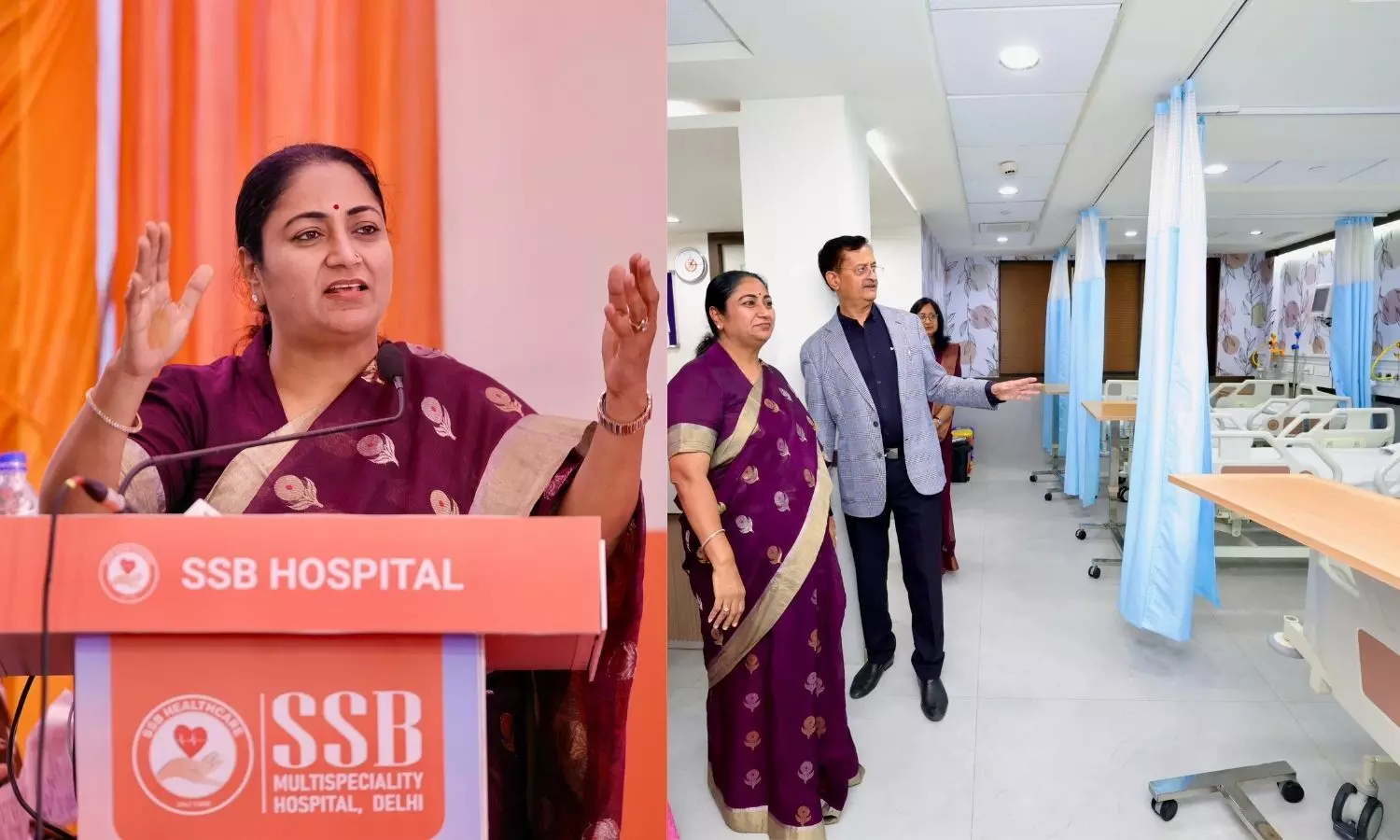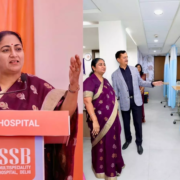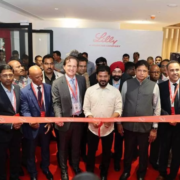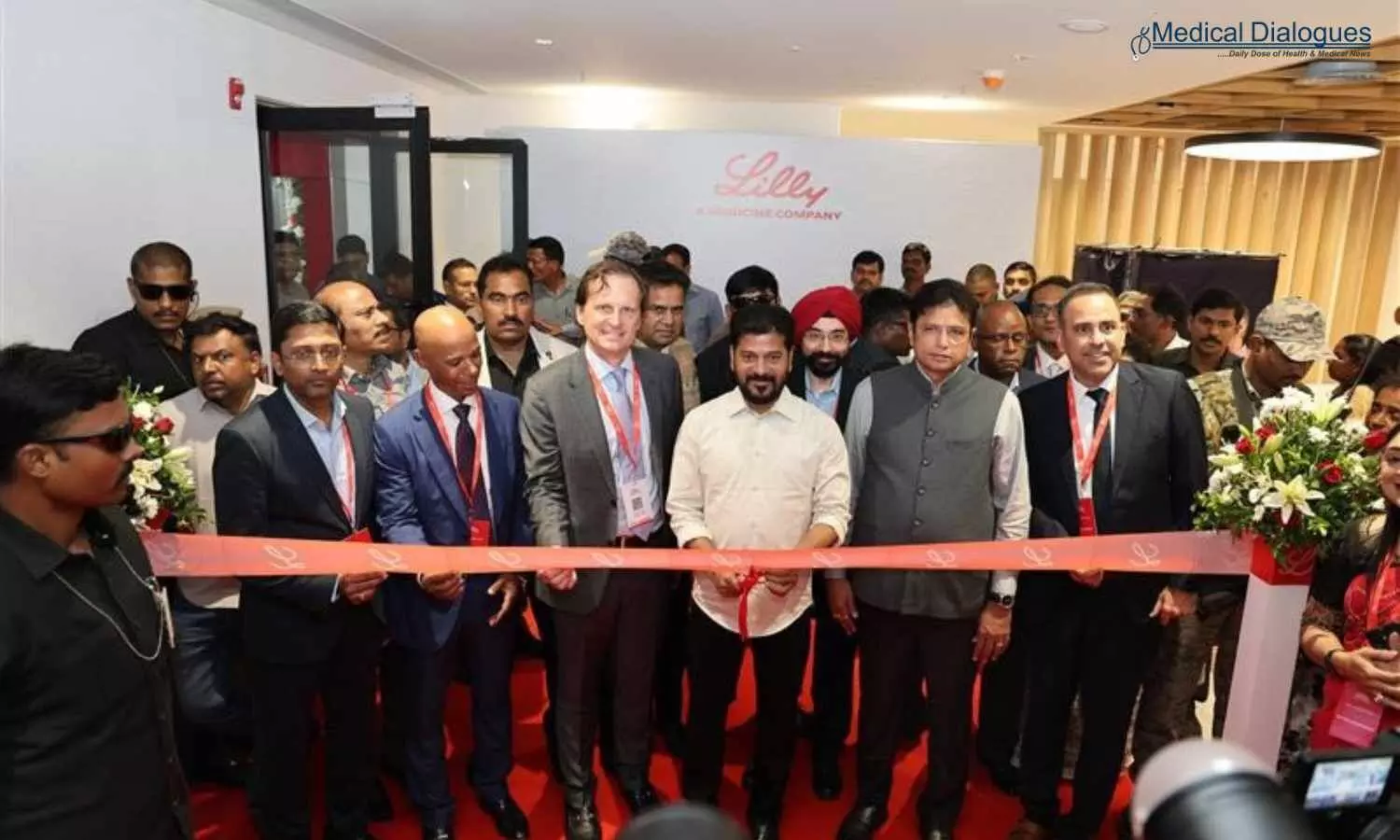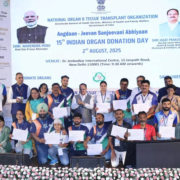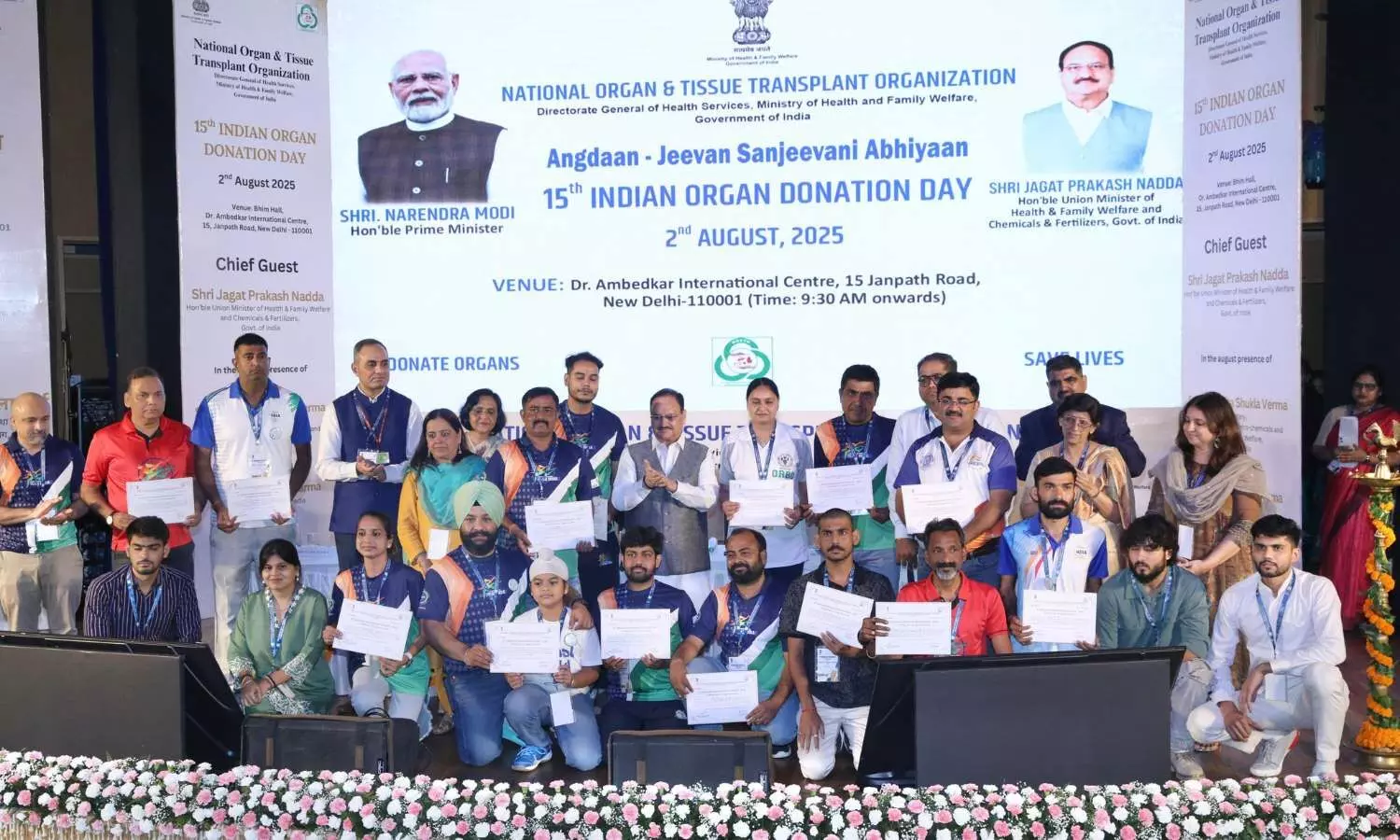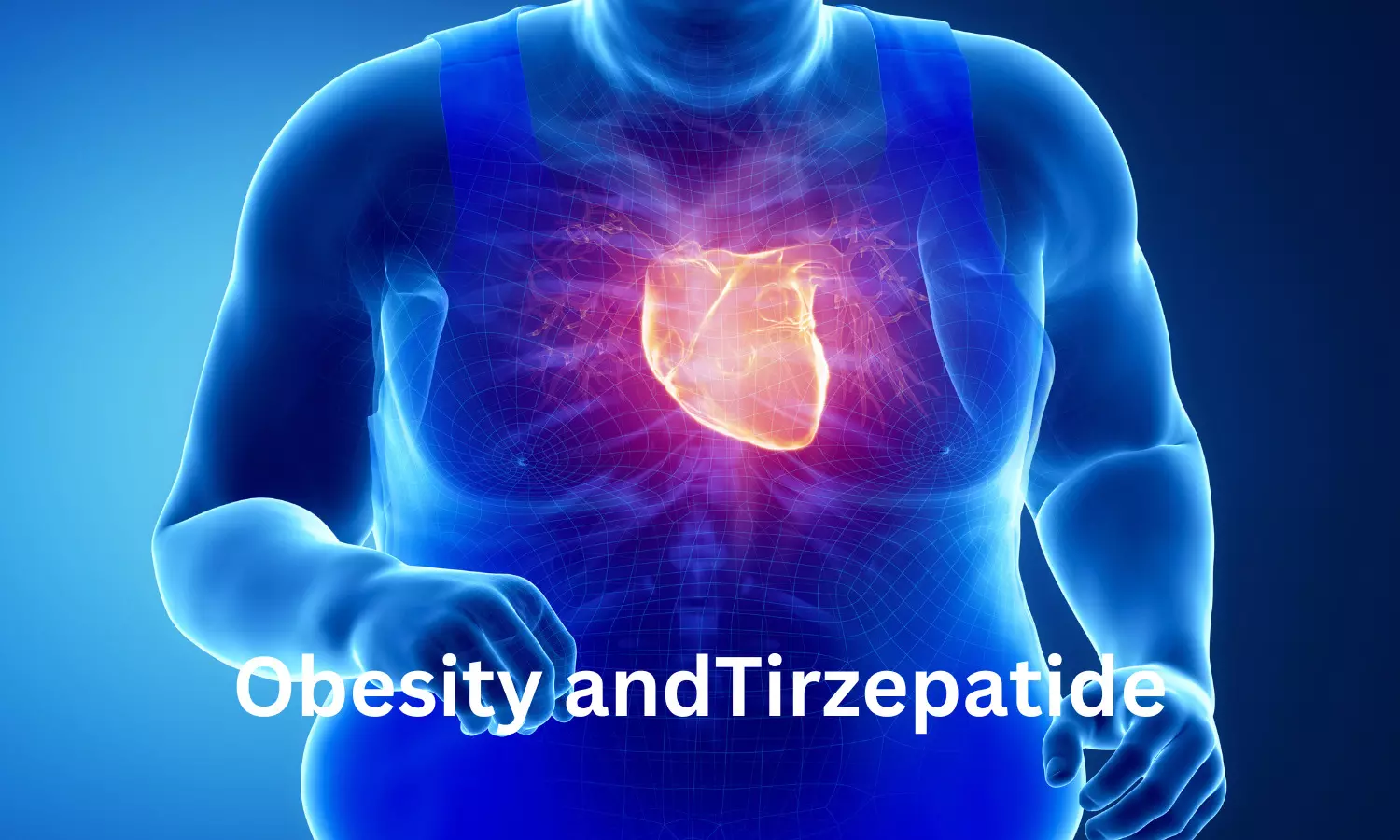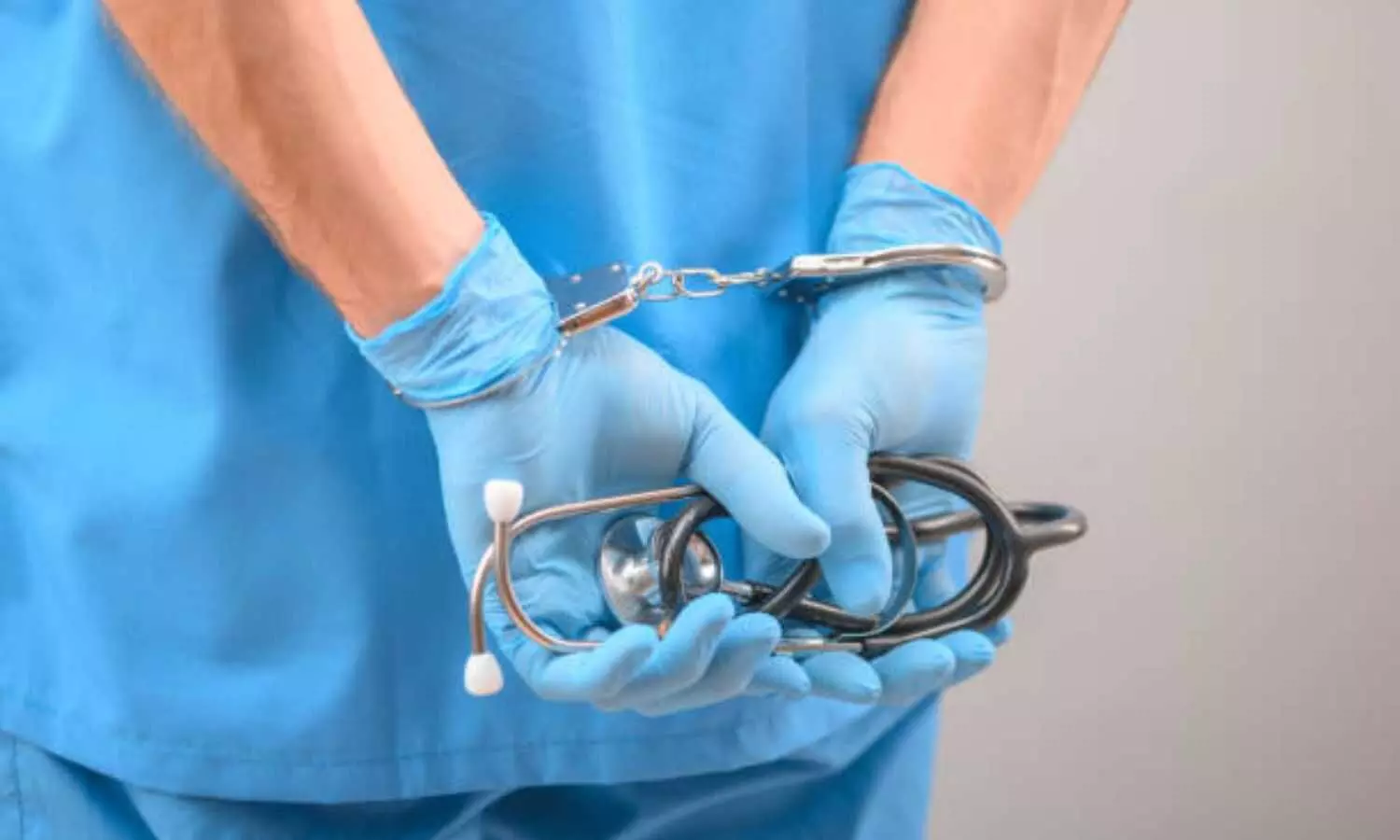
Chennai: Several doctors across Tamil Nadu have voiced strong concerns over the state government’s recent decision to revise the minimum wages for duty medical officers working in private hospitals, calling the move ‘unfair’ and ‘inadequate’.
While the move was aimed at standardising salaries based on hospital size, many in the medical community feel that the revised pay still doesn’t do justice to their work.
Medical Dialogues, a week ago, reported that Duty Medical Officers (DMOs) working at private hospitals or nursing homes with a bed strength between 1 and 50 will now receive a revised minimum basic wage ranging from Rs 14,875 to Rs 16,057, depending on the hospital’s location. For larger hospitals with over 1,000 beds, the revised minimum wage will range between Rs 15,634 and Rs 16,876.
This revision followed the Labour Welfare and Skill Development Department issuing a government order categorising hospitals into different zones based on geography and bed strength to determine wage levels.
Also read- TN revises minimum wages for Duty Medical Officers at private hospitals, draws criticism
But many doctors say the hike is too small and unfair, especially considering their workload. They argue that linking pay to the number of beds in a hospital is illogical since the responsibilities remain the same regardless of hospital size. The small difference in pay between small and large hospitals has also been questioned.
According to some medical experts, the new pay structure is not commensurate with the responsibilities of duty doctors and could see corporate hospitals exploiting them.
Doctors criticising the revision of the pay scale said it ridiculed their hard work and did a gross injustice to the entire profession. They feel fixing the minimum wages based on the number of beds in a hospital is absurd since there is very little margin in the pay for 50- and 1,000-bed hospitals. The fraternity is afraid that such a move could discourage people from pursuing the noble profession.
Doctors have raised concerns about being overworked, often clocking in 24 to 36 hours at a stretch without proper rest. They say the revised wages do not reflect the intensity and stress of their work.
The medical community also fears that corporate hospitals may use the revised structure to justify low pay while expecting high output from doctors.
Speaking to The Federal, Dr GR Rabindranath, general secretary of the Doctors Association for Social Equality said, “This would only lead to private hospitals exploiting the doctors by paying them such low wages. Such practices would discourage doctors from joining the profession. The fixation of minimum wages does not have a specified criterion and is unscientific. Such a move proves that the government is favouring corporate and private hospitals, and such a low wage structure facilitates the exploitation of doctors.”
Echoing a similar opinion, a cardiologist from Vellore working with a private healthcare institution said, “Increasing the number of seats or building new hospitals without ensuring basic facilities or care for the medical experts makes little sense. With regards to doctors’ pay, interns and postgraduates are still paid a pittance. Even professors are not paid handsomely, and they compensate by working in outside clinics. Those postgraduates who are married are constantly facing marital issues solely because of financial constraints. Somebody working 36 hours at a stretch and 100-plus work hours a week deserves something more than Rs 40,000 a month. We are not expecting to be paid in lakhs and lakhs, but at least pay the bare minimum.”
Dr V Vignesh Rajendran, president of Tamil Nadu Resident Doctors Association, said, “Even the private hospitals hiring these doctors know that the recent revision of minimum pay is very unfair. A peon or worker working in a government hospital is paid equal to that. A staff nurse is paid much more than that. What is the logic in setting the wage at Rs 16,057 per month for a 50-bed hospital and Rs 16,876 per month for a 1,000-bed hospital? How is it justified to pay just Rs 800 more for treating 950 more patients?” It sets a dangerous precedent and makes a mockery of the medical profession. It is one of the reasons why doctors from Tamil Nadu are slowly moving away and settling in other states.”
Also read- Rs 40,000 for Medical Officer Post: Doctor slams TN Govt over low pay scale
